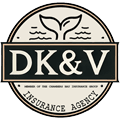Directors & Officers
While business insurance policies by definition provide coverage for the business itself, individual company officers may still be personally exposed to financial losses resulting from a lawsuit. To protect your company’s leadership, you may want to consider purchasing directors and officers (D&O) liability insurance.
While business insurance policies by definition provide coverage for the business itself, individual company officers may still be personally exposed to financial losses resulting from a lawsuit. To protect your company’s leadership, you may want to consider purchasing directors and officers (D&O) liability insurance.
What D&O covers
Directors and officers is a type of liability insurance that covers individuals for claims made against them while serving on a board of directors and/or as an officer. This type of policy can be written to cover directors and officers of for-profit businesses, privately held firms, not-for-profit organizations and educational institutions. There are several elements—called “Sides”—to a D&O policy, including:- Side A—Protects a corporation’s directors and officers when the company cannot indemnify the individuals.
- Side B—Reimburses the organization when it indemnifies the individuals, thus protecting the company’s balance sheet
- Side C—Also known as “entity coverage,” this eliminates disputes of coverage allocation when both the directors and officers and the insured organization are named as co-defendants in a securities lawsuit.
A wide range of claims against a business have the potential to target company leadership for responsibility—and liability. Business leaders can be held responsible for a company’s failure to comply with regulations and to provide a safe and secure workplace. In addition, if a company is found liable for losses because of operational failures and mismanagement, directors and officers may be exposed to liability as well. The types of claims that may target company leadership individually as well as the company itself typically include:- Shareholder suits over company or stock performance.
- Creditor or investor suits over mismanagement or dereliction of fiduciary duties.
- Misrepresentation in a prospectus.
- Decisions exceeding the authority granted to a company officer.
- Failure to comply with regulations or laws.
- Employment practices and HR issues.
- Pollution and other regulatory claims.
- Cyber liability.
- Side A—Protects a corporation’s directors and officers when the company cannot indemnify the individuals.
- Side B—Reimburses the organization when it indemnifies the individuals, thus protecting the company’s balance sheet
- Side C—Also known as “entity coverage,” this eliminates disputes of coverage allocation when both the directors and officers and the insured organization are named as co-defendants in a securities lawsuit.



